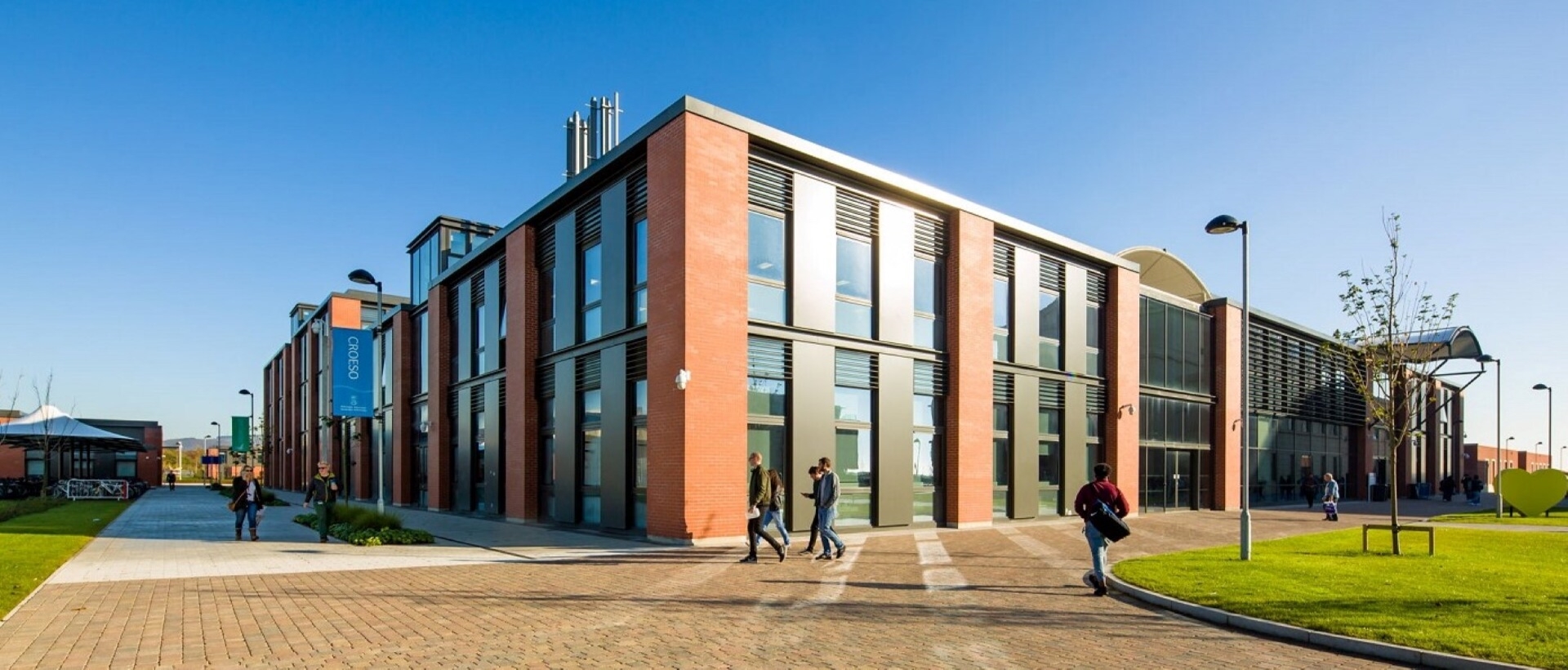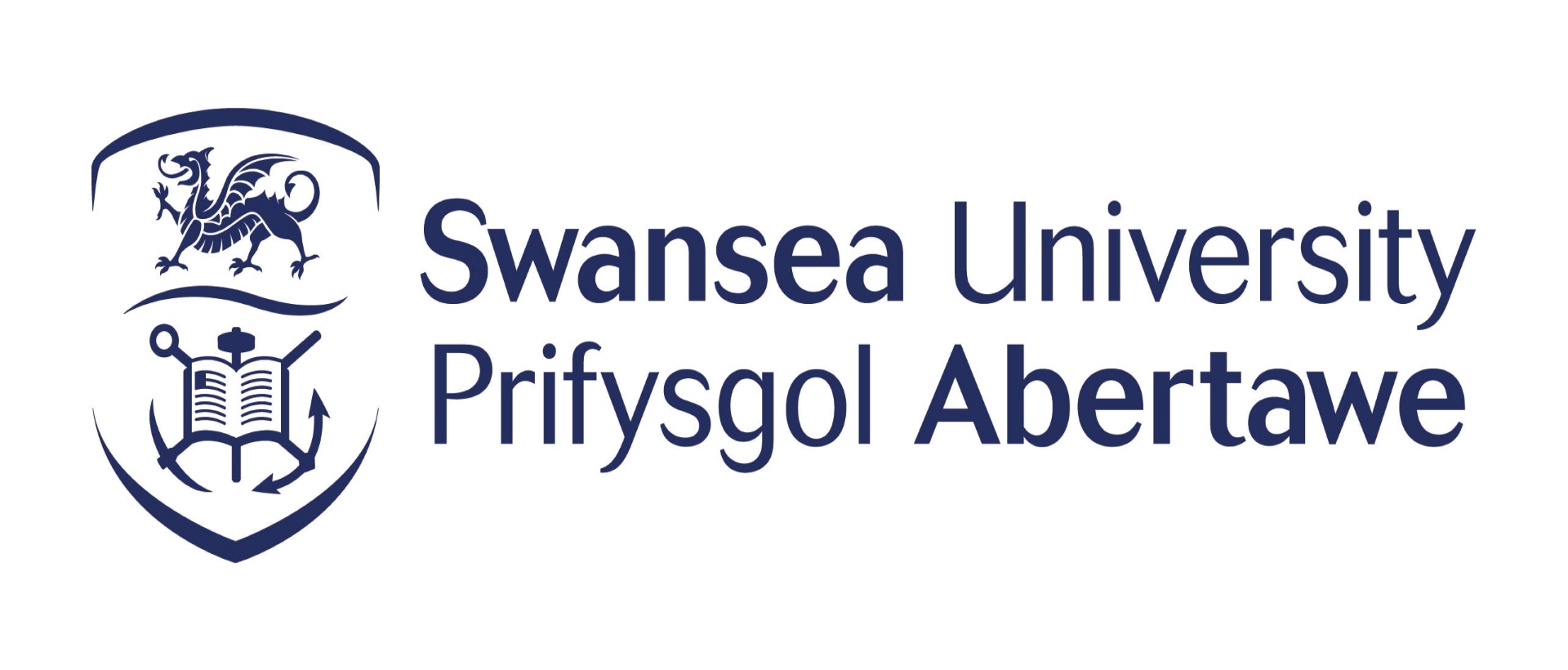
About
Swansea University was founded on 19th July 1920 with a mere number of 89 students. Its history of expansion continued and by September 1939, there were 65 staff and 485 students. 1960 saw the construction of many buildings like new halls of residence, the Maths and Science Tower, and College House (Fulton House). By 1973, the South Wales Miner’s Library was established, after which the University opened the Institute of Life and Science in 2007 where research was undertaken in Swansea University Medical School. Ever since Swansea became well known as a research-led university. It has a history of impacting society in other fields too such as wealth, and culture through its world-class research since 1920. Eventually, in 2012 the University initiated its development project and expanded its campus that led to the opening of the Bay Campus in 2015. Today, Swansea University has two stunning campuses, Singleton Park Campus and Bay Campus, both located on the coastline of Swansea Bay beach.
The university is an extensive home to 8 colleges across both campuses:
- College of Arts and Humanities
- College of Engineering
- College of Human and Health Sciences
- Hillary Rodham Clinton School of Law
- School of Management
- Swansea University Medical School
- College of Science
- The College, Swansea University
Why Study At The Swansea University
- Swansea University has received several worthy accreditations from the UK’s fastest-growing student review site, Student Hut. It was named the 10th Best University 2020, 9th Best Student City for Nightlife 2020, 8th Best Halls of Residence 2020.
Do other awards include UK Top 5 Student Satisfaction 2018, UK Top 5 Graduate Prospects by Guardian University League Table 2020, the Winner University of the Year at WhatUni? Student Choice Awards 2019 and a Gold rating in Teaching Excellence and Student Outcomes Framework.
- The University campus is a mixture of being an academic environment as well as a holiday home because it is situated in a beautiful location on a beach close to the city center. It also has an interesting vibrant culture that can enrich students’ lifestyles apart from being a perfect study environment.
- Swansea University offers employability opportunities through Swansea Employability Academy where students can engage with several employers undertake placements along with their course and get work experience in different areas within and outside the campus. In this way, the University equips graduates for the workforce and career life before they leave the university.
- The living expenses or cost in Swansea is low. The expenses for rent, food, travel annually are estimated to be £7500 (approximately 7 lakh Rupees) while postgraduates will need an estimated £9500 (9 lakh Rupees).
- Besides being academically excellent, the university is known for being one of the best at student nightlife. ‘Rebound’ which is the Students’ Union nightclub, JC’s and Tafarn Tawe are some of the places students can experience the best nightlife watching big matches on screen, do the Sunday pub quiz, take part in the open mic or sporting events along with drinks and classic tunes.
Employment and Career Opportunities
Career Services:
Swansea University makes sure students put their studies into practice and get them involved in many activities that will grant them employment opportunities. The University has a digital jobs board like Employment Zone where students can apply for graduate jobs, internships, and placements. The University also offers graduate support programs and holds employability events.
Success Rate:
According to The Guardian’s News Datablog, Employment statistics of students who graduated from Swansea University is 91.3%.
Notable Alumni of the University include:
- Annabelle Apsion: English Film Actress.
- Geoffrey Thomas: President of Kellogg College, Oxford, and Director of Oxford University Department for Continuing Education until 2008.
- Jonathan Hill: Journalist, Producer, and Presenter of Wales Tonight on ITV Wales.
- Jason Mohammad: Television/ Radio Presenter at BBC Wales.
- Graham Ryder: English Geologist and Lunar Scientist.
Services and Facilities offered
Student Services:
Going to a university can be a daunting experience at first but many universities have services students can access which will guide them throughout their academic life. Similarly, Swansea University provides integrated, professional, student-centred services offering information, advice, support, and guidance to every Swansea student to develop and achieve their full potential.
Within the campus, there are specialists who support students with their faith, community, finance, LGBT+ and welfare issues. There are also inclusive student support services like the disability office, wellbeing service, Swansea University DSA Assessment Centre, Swansea Academy of Inclusivity and Learner Success (SAILS). Besides these student services, the University also offers Academic Skills Development courses as well as English Language Training Services to help students improve their language skills.
Library:
Swansea University libraries are open to students and to the public as well. The libraries have a comfortable, spacious environment, friendly and professional staff, along with the latest facilities and technology for learning and research. Swansea University’s libraries and archives include Singleton Campus Library, Bay Campus Library, South Wales Miner’s Library, Banwen Library, St. David’s Park Library and Richard Burton Archives.
Art and Culture:
Art and Culture bring communities together and Swansea University boasts of its rich art and culture opportunities that cultivate learning, entertainment, personal growth, leisure, and communication. The Taliesin Arts Centre host programmes like drama, traditional and contemporary dance, physical theatre, world music, jazz and fusion, live screenings and cinema. Swansea University also hosts several music societies where students take part in choirs or bands or different kinds of musicals.
Accommodation:
Swansea University has a wide range of accommodation options at each campus. The accommodations are of five types: twin rooms, en-suites, premium en-suites, wheelchair accessible rooms and 1and 2 bed flats. All flats have shared kitchens and some residences offer a pre-paid dining card to use on campus too. The University also offers Beck House accommodation for couples, families, postgraduate and PhD students. Students can also get accommodations based on their preference like quiet zones, flats with Welsh-speaking flatmates or alcohol-free residences. The best part about student accommodation at Swansea is undoubtedly its stunning location by the beach.
Sports facilities:
Both campuses of this University offer several sports facilities. The International Sports Village located beside the Singleton Park Campus has a range of training facilities for all levels, including pitches, running track, indoor athletics centre, gym, racquet courts and 50m pool. Sports at the Bay Campus has facilities such as outdoor pitches along the beach for beach volleyball, soccer, ultimate frisbee, indoor facilities for weight training, cardio and classes. They also have a Sports Hall for badminton, archery, and basketball.
Medical Services:
Student health is a priority at Swansea University. Students can register for GP services when students feel unwell or experience any mental, physical, or sexual health issues.
Clubs:
Swansea University’s Student Union has over 150 societies and 50 clubs. One can join a club or society or even start their own club. Students can be a part of Student Media that has three different media channels: The Waterfront newspaper, Xtreme Radio and SUTV. Budding entrepreneurs, designers and innovators can join the Union Collective. There are volunteering opportunities for students desiring to help on campus and within the local community.



